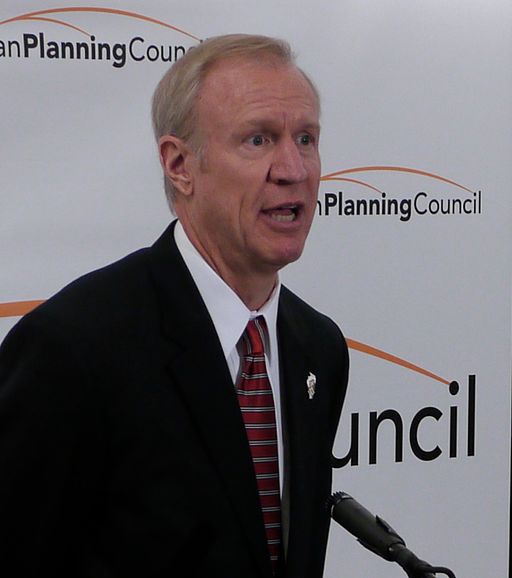The Canada Pension Plan Investment Board (CPPIB) is putting an additional $330 million into a fund managed by NorthLeaf Capital Partners that invests in the Canadian private equity market.
The move is the latest in a series of commitments to Northleaf funds and Canadian private equity.
From a CPPIB press release:
This investment is in addition to CPPIB’s $70 million commitment in 2014 to the Northleaf Venture Catalyst Fund. Since 2005, CPPIB has committed $1.2 billion to Canadian private equity investments through its partnership with Northleaf.
The investment objective of this additional mandate is to focus on Canadian small and mid-market buyout and growth equity funds that are seeking to raise $1 billion or less in capital commitments.
CPPIB is one of the largest and most active investors in Canadian private equity and venture capital with approximately $4.1 billion in commitments to Canadian fund managers and an active direct private equity investment strategy for the Canadian market.
“By expanding our successful Canadian fund-of-funds program, CPPIB can effectively access the Canadian private equity market,” said Jim Fasano, Managing Director, Head of Funds, Secondaries & Co-Investments, CPPIB. “We remain confident in Northleaf’s capabilities, expertise and proven track record in continuing to manage this program.”
“We look forward to continuing our longstanding partnership with CPPIB in managing this additional mandate for the Canadian private equity market, and building a focused portfolio of top-tier Canadian mid-market funds,” said Jeff Pentland, Managing Director, Northleaf Capital Partners. “We are proud to have supported CPPIB in advancing their program since 2005, and we value and appreciate CPPIB’s continued confidence in our team, track record and investment process.”
The CPPIB managed $201.1 billion in assets as of March 31, 2014.
Photo credit: “Canada blank map” by Lokal_Profil image cut to remove USA by Paul Robinson – Vector map BlankMap-USA-states-Canada-provinces.svg.Modified by Lokal_Profil. Licensed under CC BY-SA 2.5 via Wikimedia Commons – http://commons.wikimedia.org/wiki/File:Canada_blank_map.svg#mediaviewer/File:Canada_blank_map.svg









